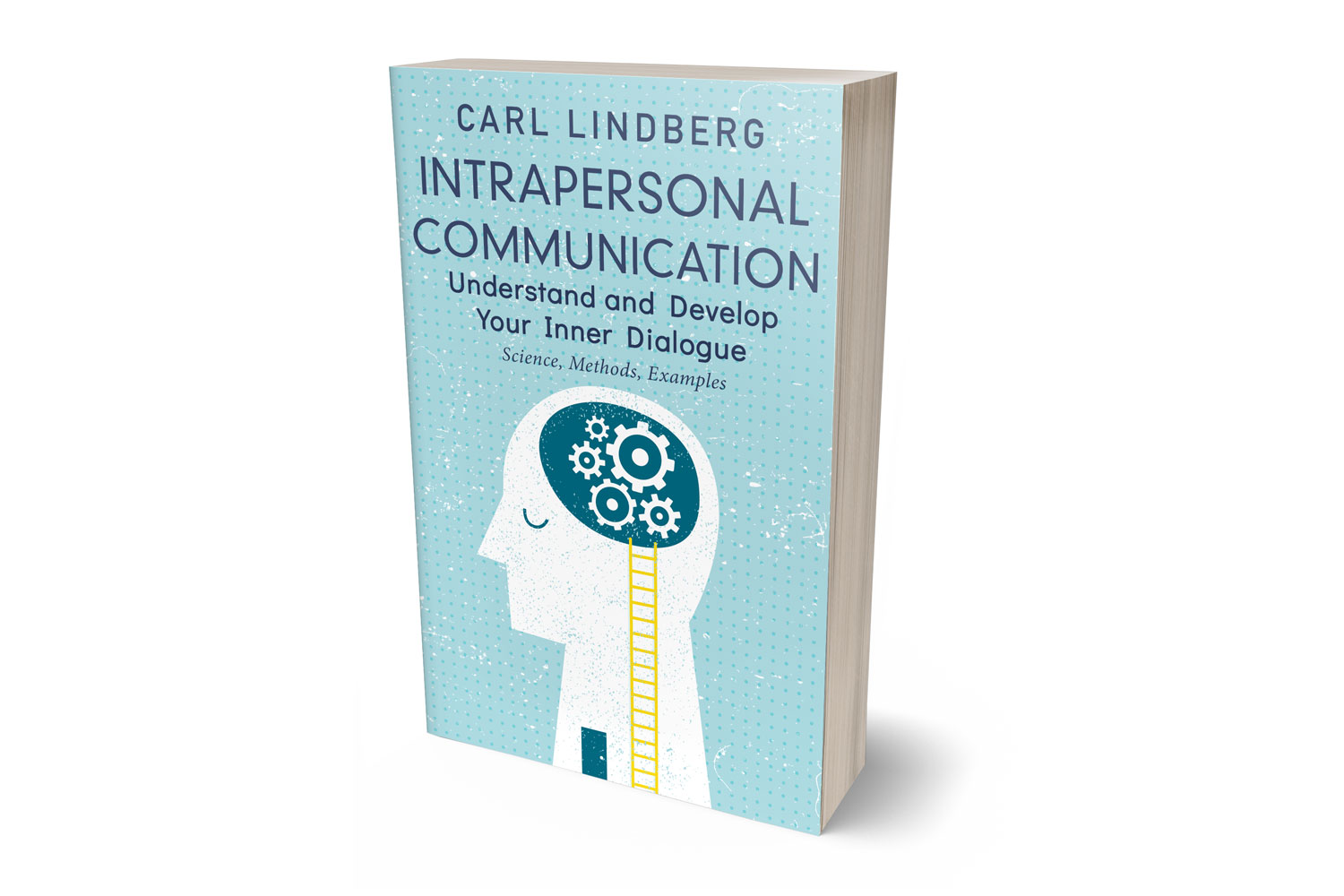Empathy is important in leadership since leaders really need to understand what their followers need and want. The better a leader knows his or her followers, the easier it will be to inspire, motivate, coach, and guide them. The empathy skills of a leader positively correlate with his or her performance. It is possible to improve on your empathetic skills by for instance understanding body language and actively listening. But, it is also possible to be too empathetic – it can in fact jeopardize your judgment and underline your bias in certain situations. All of this and more is explained below. Empathy and Emotional Intelligence are so important that they are part of pretty much all of our recommended books on leadership. (Join our newsletter and get a free copy of our E-book “7 Tips on How to Improve Your Emotional Intelligence” by clicking here: Newsletter Emotional Intelligence E-book.)
Is empathy important in leadership?
The word empathy means “the ability to understand and share the feelings of another”. Sometimes those feelings are outspoken, sometimes they are not. Being truly empathetic means you not only listening to how other people feel, but you also see it in their body language. Facial expressions, head position, and body posture are a few of the telltales of different emotions that can be detected if you understand how to read body language. (Click here for more information on how your posture affects your leadership.)
Research has shown that a truly empathetic leader can perform more than 40% better in most leadership activities[1]. This report by Development Dimensions International involved data from more than 15 000 leaders representing 18 countries. The study was stretched over ten years of time.
Another study[2], by the Center for Creative Leadership (CCL), actually showed that displaying or demonstrating empathy was not the same thing as simply having empathy. This study also showed a positive relationship between a leader’s empathy and his or her performance.
Empathy in leadership does depend on culture, both company culture and what we normally mean by culture. Hence, apply with care and think about what is considered normal in the culture where you act as a leader. The effect is stronger in many Asian cultures according to the CCL study.
The more empathetic you are, the better you will understand people. This builds trust as well as loyalty, which in the long run can lead to:
- More engaged and involved employees
- More loyal team members
- A high degree of sharing information, ideas, and concerns
- Better capabilities of resolving conflicts in the workplace
How can leaders be more empathetic?
Some people are naturally very empathetic, but how about the people that aren’t? You can increase your empathy tools and skills by training, coaching, and real-life exposure to different situations. A huge portion of empathy is to listen and to listen well. There is a major difference between hearing and actually listening and the person who is speaking will very quickly be able to tell if the audience is listening or hearing.
Body language was mentioned above, and listening to a person’s tone of voice, pace when speaking, etc. are also parts of understanding the emotions of the person you are interacting with. Learning and understanding any nonverbal communication is key to improving your empathy skills.
Challenge yourself to take another perspective, especially if it is your protagonist’s. Trying to see things and feel things as if you were the other person is a good mental exercise. This way you can imagine as well as deduce how this person is feeling and why – to a certain limit of course. It will give you the necessary clues to ask for more information, which is actually one aspect of active listening by the way.
So, to summarize a few options on improving your empathy as a leader:
- Listen well, listen actively
- Understand body language and other nonverbal communication
- Try to take the other person’s perspective
Can a leader be too empathetic?
The answer is yes, you can be too empathetic as a leader. In some decisions, the outcome is actually better if objective rather than emotional parameters calls the shots. What feels best is not necessarily the best.
Empathy is also limited since you cannot really be empathetic with many people at once. If you spend an hour each with ten people, will you still remember how the first person truly felt? No, it gets washed out and emotions from different situations collide. How can you feel happy, sad, and angry at the same time? This means empathy can become a blunt tool when trying to assess what a crowd is feeling.
Last but not least. It is easier to be an empathetic leader when the person you interact with is similar to yourself. Establishing rapport is sometimes easier when you have a common ground. This means you as a leader, are likely to understand the emotions of people similar to yourself more easily.
To learn more, check out our recommendations on leadership books.
Sources
[2] https://www.ccl.org/wp-content/uploads/2015/04/EmpathyInTheWorkplace.pdf




